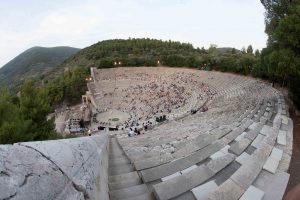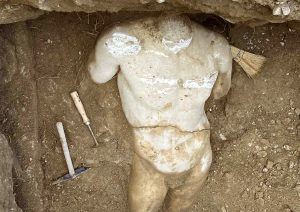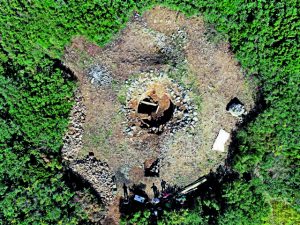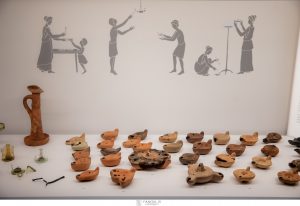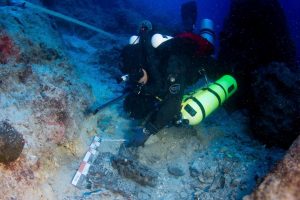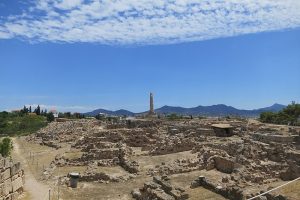Latest News
-
ELSTAT: Greece’s Unemployment Rate Drops to 9% in March 2025
-
Singapore Prepares for Pivotal May 3 Election Amid Economic Concerns
-
Athens Welcomes May with a Joyful Kickoff at Plato’s Academy Park
-
Vietnam Celebrates 50 Years Since War’s End with Parades in Ho Chi Minh City
-
Tempi Case File Opens in Parliament, ex-Transport Minister Kostas Karamanlis Named
-
Cabbage Chaos on Athens Avenue: Truck Overturns, Traffic Disrupted
-
New Regulatory Framework to Unlock Mining Investments in Greece
-
Greek Economy Report Sent to Commission, Spending Capped at 3.6%
-
‘Brothers, You Live – You’re the light That Guides Us!’
-
The Cup Final of the Century
-
Antetokounmpo: Tension on the Court After Bucks’ Elimination
-
Greece’s Landowners Face Soaring Costs for Fire Prevention
-
Greece Unveils Waste-to-Energy Plan to Curb Landfills and Power Homes
-
A Mission to Make AI Work for the Global South
-
PM Mitsotakis Holds Key EU Talks at EPP Congress in Valencia
-
Weather will be a Mixed Bag on Wednesday, Strong Winds Persist
-
Sweden Has the Tanks. Finland Has the Troops. Welcome to the Pan-Nordic Army.
-
Poll Shows Greeks Unconvinced by Recent Pledges of PM Mitsotakis
-
PPC Upgraded by Int’l Rating Group for Environmental Performance
-
Greek Airports Post 4.8% Rise in Int’l Arrivals: INSETE
-
Bomb Threat at Greek Parliament
-
Greek Newspaper and Magazine Sales Continue Downward Trend
-
Man Shouting “Sex” Tries to Rape Woman in Athens (video)
-
Amazon Considered Displaying Import Charges on Its Ultracheap Site

